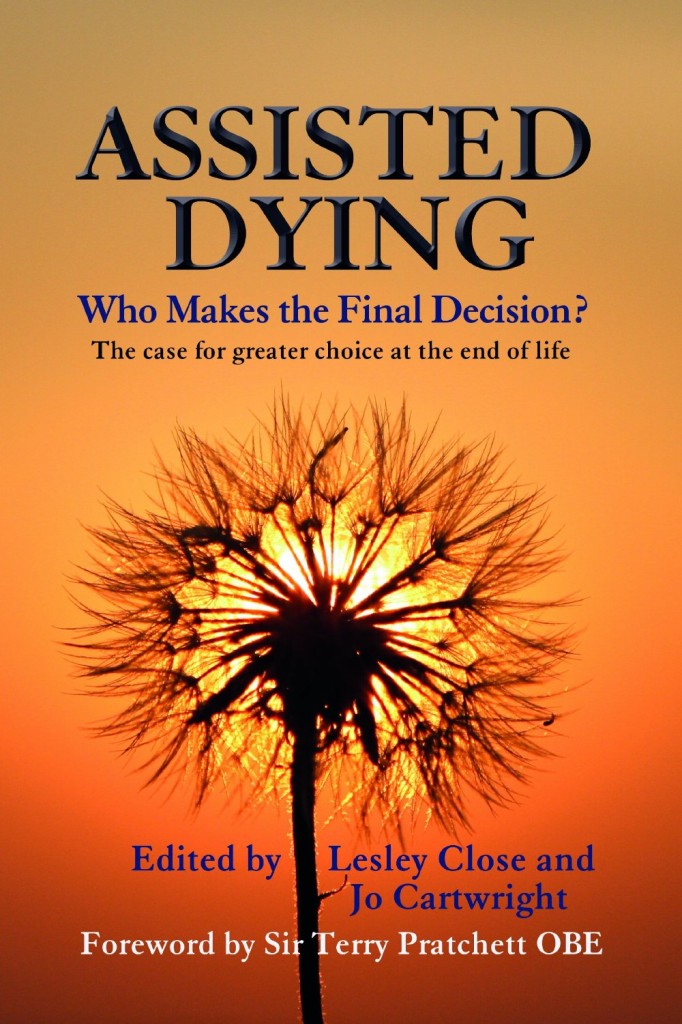
‘All I had done was to nurse from my heart. How could it be harmful to tell someone about Jesus?’
These are the words of Sarah Kuteh, an experienced nurse, who is suing Darent Valley Hospital in Dartford for unfair dismissal with the backing of the Christian Legal Centre.
Kuteh was dismissed in August following complaints from patients that she had held ‘unwanted discussions’ about her Christian faith with them. She was issued with a written warning in April this year, and claims to have modified her behaviour since; yet the hospital reportedly received three further complaints from patients, after which Kuteh was suspended pending an investigation and ultimately sacked.
There has been predictable outcry from the converted. As one commentator says on the Christian Concern Facebook page, ‘What a wonderful nurse. That is exactly the sort of person I would want nearby for myself or a family member when facing their own mortality in a time of serious illness. This action is totally unjustified and a further example of our PC society gone mad. God bless you!’
But let us imagine for a moment an alternative scenario, in which an experienced nurse is a committed and vocal atheist. When interviewing a frail old lady who volunteers for the Patient Information Form that she is a member of the Church of England, our nurse informs her enthusiastically and with love in her heart that there is no God, and that grasping this truth has made her happy. Supporting a grieving relative, who whispers through his tears the sincerely-held belief that he will see his dead wife again, she butts in to inform him that this is not the case, and assures him that he will find strength and happiness in embracing the truth.
Unthinkable, is it not? Yet it is this kind of cruel and insulting imposition which some Christians defend and practise. My own experience of it has been regular and appalling. Perhaps the worst example was when an evangelical colleague told me that a dead friend was ‘in a better place’; the friend was in his thirties and had died very suddenly, leaving his partner – a much closer friend – with her world and her future smashed to pieces.
The repeated inability of many believers to grasp just how heinous this kind of behaviour is truly baffles me – and yet is Christianity itself not founded upon the principle of sharing the Good News? In Kuteh’s own words ‘how could telling anyone about Jesus Christ really be harmful to any patient?’
To a believer, this is presumably irrefutable: when your mindset is transfixed by the alternative reality that salvation awaits the converted, the desire to proselytise to those who are touching fingertips with their own mortality must be difficult to resist. But it must be resisted, for the sake of empathy and compassion – which is exactly why the hospital issued guidelines to its staff advising them explicitly to observe restraint when it comes to their personal beliefs. This is not about ‘political correctness’ – it is about professionalism and humanity.
Listening to the interview given to camera by Kuteh, one cannot doubt her sincerity. In her view, she was giving patients strength: “I have had to reassure [patients] based on the joy and peace that I really have found in the Lord.” In the absence of full evidence, I make no comment on the fairness or unfairness of her dismissal, and trust that those involved in the legal processes will make a judgement based upon the detailed evidence brought before them – there may well be a case to answer if the investigation was not handled in the appropriate manner, as Kuteh has claimed.
Yet this story is another reminder that empathy is one of the most crucial characteristics for those who work in health care – the ability to listen to others and to support them without judgement or imposition, whatever their belief-set. Without this capacity at the centre of our approach – and even with the best and sincerest of intentions – we risk insult, harm and distress to those who are at their most vulnerable.


